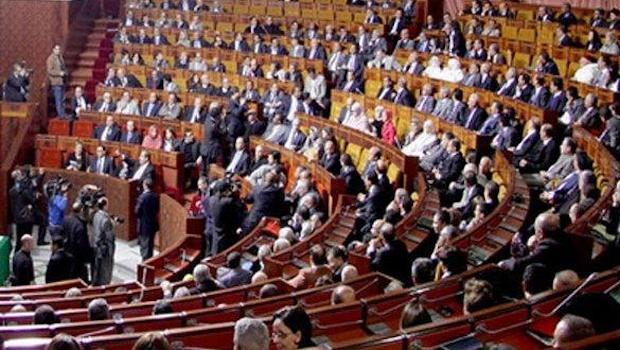Rabat, Asharq Al-Awsat—The Moroccan House of Representatives passed on Wednesday a proposed amendment to the Moroccan Criminal Code to that will prevent men convicted of rape of a minor from avoiding punishment if they marry their victims.
The newly enacted amendment to Article 475 will remove that paragraph and instead impose a prison sentence of between one and five years and a fine of between 200 and 500 Moroccan dirham (23–60 US dollars) on “whoever abducts or deceives a minor without the use or attempted use of violence, threats or fraud.”
The issue has gained prominence in Morocco after the suicide two years ago of 16-year-old Amina Filali, who was forced to marry her attacker and who allegedly suffered abuse during the marriage.
Since that incident, women’s rights groups in Morocco have campaigned vigorously for an amendment to the penal code.
In comments to the press following the parliament’s decision to amend the criminal code, Minister of Justice Mustafa Ramid said: “Following the reactions of domestic and international rights groups on this paragraph of the penal code, we have decided to annul it.”
“Whoever attacks a minor will be punished in accordance with the crime they have committed,” the minister added.
Nozha Al-Alwy, a Moroccan women’s rights activist, told Asharq Al-Awsat that women’s groups welcomed the decision.
She emphasized that marrying women to their attackers could only exacerbate the “extreme psychological pressure” and “deep sense of shame” caused by rape.
She added that the unanimous decision of parliament to remove the paragraph was a “positive moment in Moroccan legal history,” and that it shows that the public have a role in forcing changes in public policy and the law.
Alwy added that women’s groups hope this step will lead to others, saying the groups hope to bring Moroccan law in line with international agreements combatting discrimination and violence against women.

